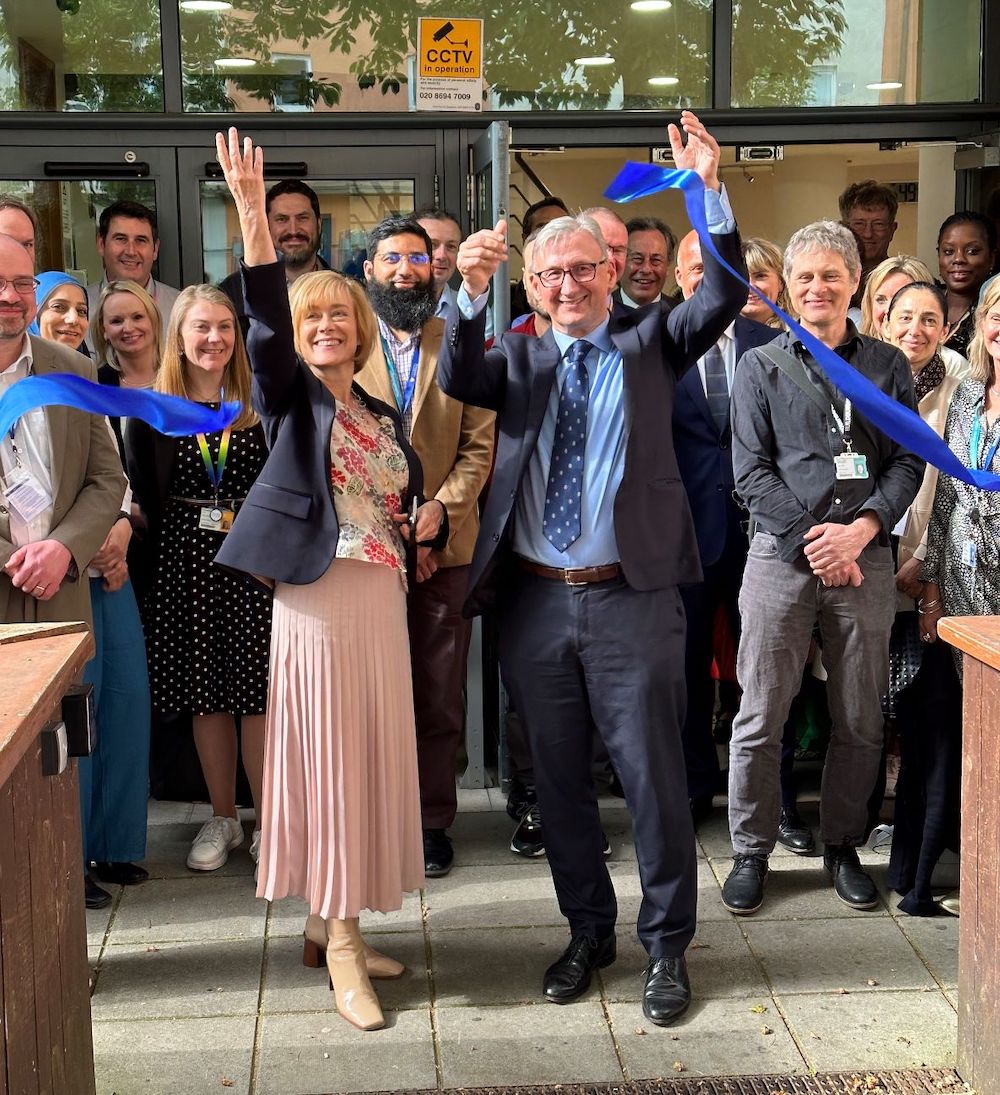London welcomes global school counsellors forum
Events company BMI has completed its first global forum for international school counsellors with a highly anticipated week-long program in London.
The event marks a new direction in strategy for the group as it engages school counsellors in professional development training, accreditation and in-bound familiarisation visits.
BMI regional events have a strong reputation among university partners for student recruitment fairs and high school tours in locations around the world.
The model has been reversed for the global forum however, with BMI instead personally inviting 100 international school counsellors from over 35 countries on an all-expenses-paid trip to London to meet university delegates and complete the THE counsellor accreditation program.
More than 55 universities were in attendance to network with school delegates including University of California, Berkeley, King’s College London and Huron Western University.
Kristoffer Toribio, president of the International Association for College Admissions Counselling, was also in attendance to deliver a keynote speech to delegates.
In addition to the professional development seminars, the week-long program included sessions from Education USA, Campus France, Education Ireland and UCAS, along with visits to UCL and Kings College London.
Twenty school counsellors will also be attending a three-day familiarisation trip across Ireland, visiting Cork, Limerick and Dublin as guests of Education Ireland.
While the event was invitation only, The PIE recently reported on the announcement of THE Counsellor – a new open-access digital platform and learning community for the wider school counsellor community.
BMI was acquired by Times Higher Education in 2022 and Patrick Hayes, chief development officer for THE, spoke of his pride at the innovative event and the chance to reward the ‘superstar’ counsellors in schools.
“Hats off to the BMI team. I mean, all of the flights, all the accommodation, everything is catered for on a very individual basis.
“This will always be free for the counsellors as we always make sure it gets the broadest possible reach [around the world].”
When questioned about the financial model of flying in global counsellors, Samir Zaveri, CEO and president of BMI, quipped “I think you could do the maths yourself”.
“Many of these people have never been to Europe. So we have invited them to come in three days earlier or stay on for three days for their own personal time to get to know London.”
Zaveri went on to discuss the long-term career value for counsellors to become THE accredited and that the global forum will become an annual fixture in the events calendar.
“Having a global accreditation status is something that [the counsellors] can use for their career and has always been overlooked in international education.
“We’re looking at other locations around the world as well”
“This [event] would definitely be global. We don’t know if we will always be in London, we’re looking at other locations around the world as well. And each year we hope to improve. But again, we will be guided by the [international counsellors advisory] board,” continued Zaveri.
Simone Goetschalckx, who attended the event from Antwerp International School, told The PIE of the importance of gaining knowledge and contacts across global study destinations as students are researching multi-national university choices.
“It’s very important to have the network, not just with counselling colleagues but also with university staff from a broad range of countries. We need both. So there’s a lot of networking involved and events like this are extremely helpful for that.”
The post London welcomes global school counsellors forum appeared first on The PIE News.


 countries around the world. She also oversees the organisation’s premier Global Internship Conference. Prior to joining CIEE, Linda held various leadership positions at the College Board including as VP of International where she led the organisation’s work to connect international students with higher education opportunities globally through the SAT and Advanced Placement programs. Linda spent the early part of her career as a management consultant,including at Deloitte consulting, where she advised some of the world’s largest companies across the pharmaceutical, banking, professional services and insurance industries. Linda holds an MBA from the Wharton school of Management at the University of Pennsylvania and a BA in Economics and East Asian Studies from the University of Chicago.
countries around the world. She also oversees the organisation’s premier Global Internship Conference. Prior to joining CIEE, Linda held various leadership positions at the College Board including as VP of International where she led the organisation’s work to connect international students with higher education opportunities globally through the SAT and Advanced Placement programs. Linda spent the early part of her career as a management consultant,including at Deloitte consulting, where she advised some of the world’s largest companies across the pharmaceutical, banking, professional services and insurance industries. Linda holds an MBA from the Wharton school of Management at the University of Pennsylvania and a BA in Economics and East Asian Studies from the University of Chicago.

